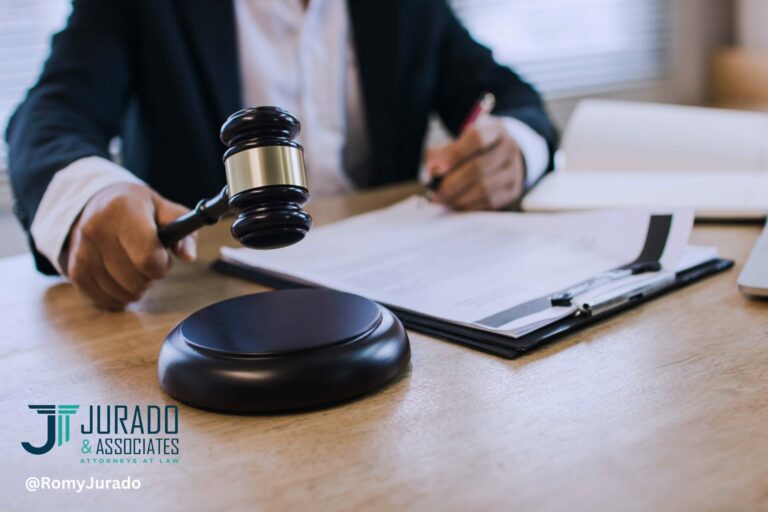A power of attorney (POA) is a legal document in which a person (the principal) grants authority to another individual (the agent) to act on his or her behalf under specific circumstances. Keep reading to discover what a Florida durable power of attorney is.
What is a Durable Power of Attorney in Florida? – Understanding the Concept
A durable power of attorney (DPOA) is one of the most common types of POAs used in Florida. In this type of legal arrangement, the effective date of the document is triggered if the principal becomes ill or disabled and can no longer act personally.
The agent assumes control to handle the principal’s personal affairs until the person who created the DPOA passes away or cancels it. The powers granted to the agent under a DPOA generally apply to the principal’s current assets and those assets acquired after the document’s effective date.
In any case, a DPOA will terminate upon the principal’s passing. In certain cases, it is also possible to terminate a DPOA earlier under the document’s own terms or specific statutory provisions.
Who is Authorized to Create a Florida Durable Power of Attorney?
Under Florida law, anyone who is 18 or older can create a DPOA – as long as he or she understands what the document is, and the extent of authority granted to the agent. Therefore, creating and executing a DPOA requires the principal to have a sound mind.
If the person proposed to create a DPOA does not have the requisite mental capacity, the document’s execution may not be valid. If that person suffers from a condition that affects his or her mental acuity, it is necessary to consult a doctor to determine whether that person has the legal capacity to create a DPOA.
Florida Durable Power of Attorney – Determining the Document’s Legal Scope
In Florida, a properly executed DPOA may authorize an agent to:
- Sign legal documents on the principal’s behalf
- Buy, sell or invest the principal’s property
- Handle the principal’s bank accounts
- Pay the principal’s bills
- Borrow against the principal’s estate
- Mortgage or refinance a property on the principal’s behalf
- Gift using the principal’s property
- Modify, amend, or terminate a revocable (living) trust
- Designate beneficiaries on the principal’s behalf
- Handle benefits associated with annuities and retirement plans
- Apply for government and public assistance benefits on the principal’s behalf
- Take the necessary actions to ensure the principal’s long-term care
- Arrange for the principal’s adequate end-of-life care
Although not an exhaustive list, it clearly demonstrates that an agent is granted a broad scope of authority to handle the principal’s affairs.
Florida Durable Power of Attorney – Statutory Limitations
Florida Statutes §709.2201 (3) expressly provides that “notwithstanding the provisions of this section, an agent may not:
- Perform duties under a contract that requires the exercise of personal services of the principal
- Make any affidavit as to the personal knowledge of the principal
- Vote in any public election on behalf of the principal
- Execute or revoke any will or codicil for the principal, or
- Exercise powers and authority granted to the principal as trustee or as court-appointed fiduciary”
An agent who uses the authority granted by the principal under a DPOA to mismanage, mishandle, or even misappropriate the principal’s property may be prosecuted in court. Depending on the severity of the case, an unscrupulous agent may be criminally prosecuted.
Florida Power of Attorney – Immediately Contact Your Florida Probate Lawyer
Waste no time – call Attorneys Romy B. Jurado and Diana C. Collazos today at (305) 921-0976 or email [email protected] for expert legal guidance.






